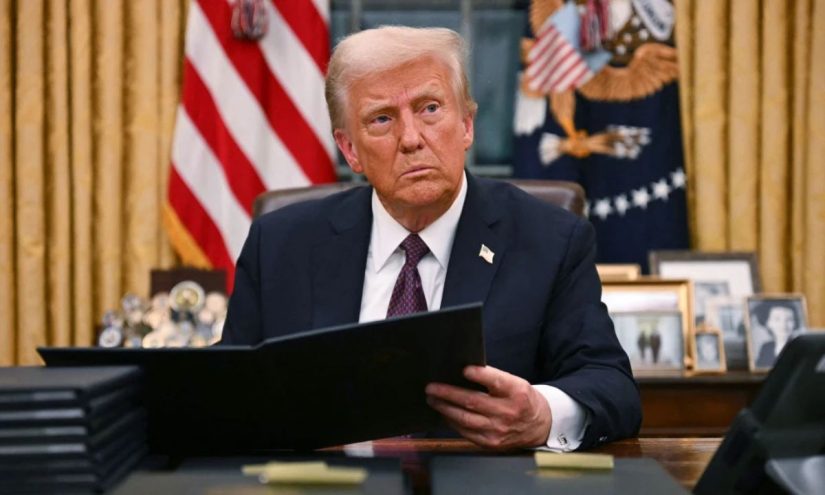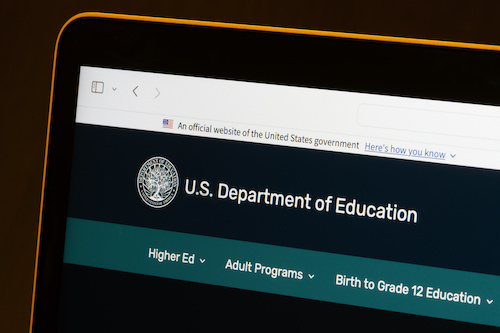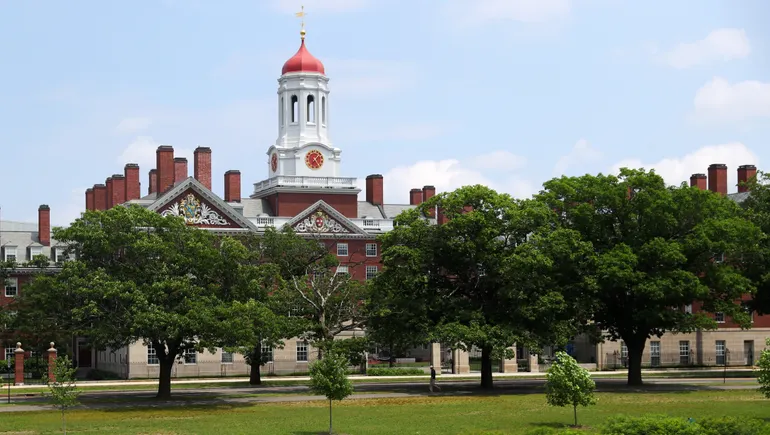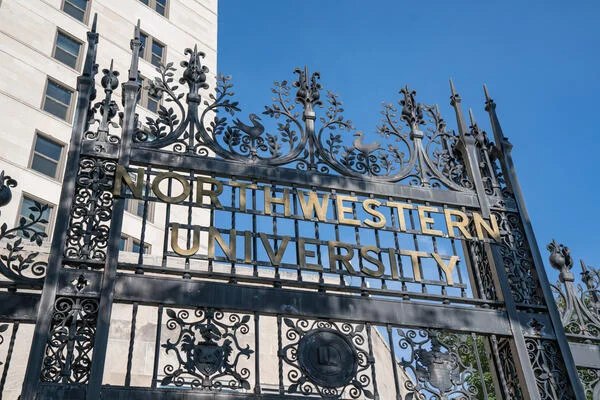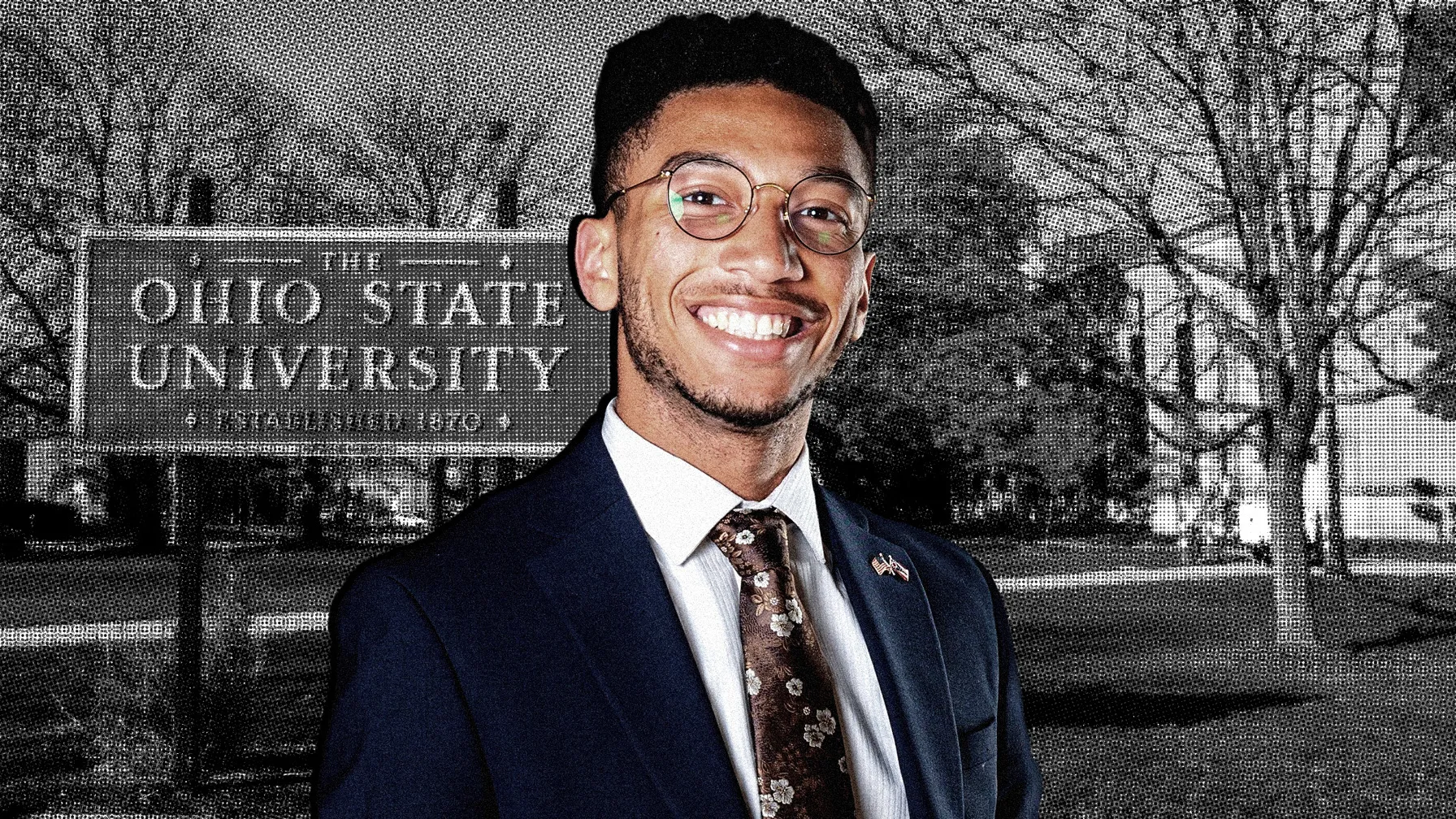“One of my most distinguished colleagues … for a time refused to attend any meetings and made a point of always working on a book while others met to discuss departmental and university issues. After two years of boycotting meetings … [he] published a very nice book on the presidency … [and] cheerfully pointed out that he had written virtually the entire book during hours when he was not present at meetings.” —Benjamin Ginsberg, The Fall of the Faculty: The Rise of the All-Administrative University and Why It Matters (Oxford, 2011)
Popular culture is rife with depictions of the hapless or even evil academic administrator, typically a dean. Most administrators know and regularly use the “double secret probation” line from the authoritarian and humorless Dean Wormer in Animal House (1978). In Old School (2003), Jeremy Piven portrayed a particularly noxious and conniving dean, who finally met his death when he was crushed by a car while fly fishing.
More recently, dean representations have been kinder. For example, the dean from the 2021 Netflix series The Chair both misquotes Shakespeare to English faculty and uses the line “butts in seats” when trying to juice his English Department into taking action to stem the loss of majors and students. He is at least nice and kind.
Maybe the most accurate representation of a dean was the one portrayed by Oscar Nuñez in the 2023 TV drama Lucky Hank, a modernized version of an excellent academic satire, Richard Russo’s Straight Man (1997). Constrained by a hapless president hell-bent on cutting faculty positions, and frustrated by turbulent and upset professors, again in the English Department, Dean Rose at least tries to muddle through with compassion. So, ineffective but nice is about as good as it gets for the representation of deans in popular culture.
Popular culture provides lenses through which many of us see the world. A year before Animal House’s Dean Wormer, moviegoers were introduced to George Lucas’s menacing dark side of the force in Star Wars. And today, when a promising colleague tries their hand at administration, some may say that they have “gone over to the dark side.” Indeed, one of our old Ph.D. advisers (Jeff’s) emailed him with that remark—and he certainly heard it from many others, too—when he took an associate dean role in 2013.
Several years ago, Jeff gave a presentation on how senior tenured faculty can make change difficult and the need for deans to more effectively consult and lead with them through shared governance. As part of his presentation, he showed an image of Bill Lumbergh, the mediocre boss played by Gary Cole in Office Space (1999), wearing a Darth Vader helmet. The line Jeff used in the presentation was, essentially, “faculty find us to be an odd mix of both pure evil and mediocrity.”
The line landed well, with steady laughter for around 10 seconds in a room of at least 50 deans and associate deans. That strong response reveals the degree to which attacks on administrators are ubiquitous across universities and even disciplines.
Indeed, beyond popular culture, we tend to vilify and pathologize administrators even within academia. In an Inside Higher Ed article titled “Who and What Is ‘The Administration’?,” a piece designed to help academics understand governance and organizational charts, Kathy Johnson Bowles describes academics’ general feeling about “the administration” being “a shadowy, amorphous group of suit-wearing, exorbitantly paid employees. They are to be vilified for making knuckleheaded, illogical, tone-deaf decisions that put the institution at risk, insult the faculty, demoralize the staff, enrage students and underestimate the power of the alumni.”
Rather than taking the temperature of faculty attitudes, as Bowles does, Ginsberg, in his The Fall of the Faculty, offers a host of disparaging remarks about administrators, using a broad brush to condemn them as incompetent. For example, in writing about associate deans, whom he disparagingly calls “deanlets,” he says, “Many deanlets’ managerial savvy consists mainly of having the capacity to spout last year’s management buzz words during meetings, retreats, and planning exercises.”
Ginsberg summarizes his whole project as such: “My book sounds a warning and offers a prescription designed to slow if not halt the spread of administrative blight. The prescribed medication will come too late for some victims, but others may yet recover.” While the expansion of administration versus faculty positions is a legitimate problem, to compare it to a disease is unnecessarily critical and simply enlarges the gap between faculty and administration that is so damaging to academic culture.
Our own journey into academic administration was not a direct one. Years ago, we were both working together at a university in east Texas, and we had a regular poker game that included three other faculty members. On a Saturday night, once we settled seriously into the steady work of picking cards, tossing chips and reading each other’s faces, we regularly hit on two or three subjects. Invariably, we would end up talking about departmental issues (we came from three different departments, all in the liberal arts) and our less-than-impressive dean. We were all relatively young assistant professors, so we made bold claims about the way things should be at the university.
Looking back, some were very sharp ideas, and others were naïve. One night Jeff said something along the lines of, “If we are so smart, shouldn’t we become deans? You know, lead, follow or get out of the way.” We had a good chuckle and returned to our game. Nearly 16 years later, while Jeff was the only one to take the path to become a dean, at least three of the other four friends have spent significant time serving as department-level administrators.
If years ago we began as youthful know-it-alls with a slight disdain for our dean, what happened to commit us to various forms of administration? What led us to the dark side? For Jeff, his pathologization of administration earlier in his career began to end upon reading The Fall of the Faculty, a book he finally closed in fatigue. A fatuous and stunningly self-indulgent, even mean-spirited book, it opened his eyes not only to his knee-jerk approach to his dean at the time but also the degree to which faculty, and mostly senior faculty, had used ridicule and hatred of administration as a justification for not providing service and not engaging with the serious issues of the university. For Lee, his own concerns about the dangers of pathologization were driven home when a faculty colleague actually said to him that just because he had an administrative role, he would continue to lose friends.
In both of these examples, we find the myth of the dark side at play. Faculty render an image of Darth Administrator so they can imagine themselves to be the light side of the force—Professor Skywalkers all, pure in defending the virtue and mission of higher education. But light and dark are complementary opposites, and as Jeff’s example above should indicate to anyone familiar with Star Wars’ lore, anger and hatred are the way of the Sith.
An essay about the othering of university administrators written by two middle-aged, straight, white full professors may seem problematic, to say the least. To be clear, we are not claiming this othering as an issue of oppression. And indeed, we note that administrators from underrepresented backgrounds can be othered in very troubling ways. Rather, we identify this pathologizing of administration because it disrupts the functioning of higher education.
It would be unfair if we did not acknowledge that administrators also grouse about faculty. For Lee, in his less generous moments, this may take the form of simply repeating a faculty complaint in a new setting as a bit of dry humor (e.g., “Did you know that requiring faculty to teach more than twice a week might cause the university to lose its R-1 status?”). We are not so naïve as to suggest that there should be no tension between faculty and administration or in any workplace. But what makes the faculty pathologizing of administration so different is its pervasive and public nature. Treating administration as the “dark side” has become the norm within academia, but it is a norm that is our undoing.
Probably the most important problem that arises from this pathologization is the inability of faculty and administrators to cross the divide and work effectively together. There are always faculty who figure out how to do it, or do it because they know it is key to winning the support and advocacy they require. But what happens when faculty disdain or distrust for administration creates an obstacle? Perhaps a faculty member, lacking faith in their administration, will fail to ask for support for a student to attend a conference. In such a case, it is the student who will suffer the consequences. Or perhaps upon receiving a request from a faculty member who has repeatedly slighted the administration, an administrator may do their job in a professional but minimal way, still helping the faculty member, but maybe not moving heaven and Earth to make their life better. Why should they?
Constant negativity coarsens administrator experiences and attitudes. Over the years we have openly heard “We need fewer deans here,” “You’re just going to leave soon for another higher-paying job,” “I don’t know why you are paid so much,” “We need to return to the old model with no deans,” “Administrators don’t teach real classes” and other troubling statements. With all this in mind, we ask our faculty colleagues—because faculty are the colleagues of administrators and vice versa—to consider a few questions.
- Think of the damage that has been done to U.S. institutions by politicians vilifying university professors as lazy and ineffective. Why would you contribute to this effort? And how would you feel about your colleagues if that is how they spoke about you, and so unabashedly?
- Effective administration often requires learning the culture of an institution and building strong relationships. Faculty rightly complain about administrators job-hopping across institutions. But to what degree do faculty drive away potential leaders and allies?
- Consider also the opportunity cost for faculty. Viewing administrators through the “dark side” lens, or knowing that their colleagues hold these negative views, may deter talented faculty from moving into leadership roles and accomplishing great things in their careers. This, of course, leaves a lot of space for the less talented among us. Whom do you want in the administrative role—the person with the strongest knowledge of how the university works, vision for the program, capacity for listening, etc.? Or simply the person with the thickest skin, who can take the most guff from faculty and who plays favorites to make the right people happy?
Finally, we need to shift the debate away from faculty versus administration. If we remember that the purpose of higher education is our students, and if we always center our students in conversations between faculty and administration, we stand a much better chance of working together.
Closing this gap is a responsibility that falls on all of us. Administrators and faculty can do a lot more to communicate and engage more effectively, thereby making such othering less likely. In an earlier essay, we discussed ways to improve shared governance. Administrators who build trust through small actions—i.e., doing the thing they said they would do, closing out communications and being as transparent and consultative as possible—will close the gap on their side substantially. Faculty who are able and willing to set aside the casual critiques and invite administrators into collaborations, to bring problems with solutions to them—or who are even willing to have a chat over a cup of coffee—will likewise do a great deal to close the gap from their side.
Returning to Ginsberg’s example of the faculty member who wrote a book instead of attending departmental meetings, this moment epitomizes the desire of some faculty to see themselves as islands alone in the ocean. However, a university is not a place for islands. It is more like one of those ancient Mediterranean warships, the triremes, with masses of people rowing together in unison. By refusing department meetings and service, Ginsberg’s colleague took his oar out of the water, making the rowing harder for everyone else. Likewise, as junior faculty we observed the failure of some senior faculty to perform their work while engaging in casual slander of administrators. To what degree does faculty abdication of their duties actually contribute to the growth of administration? Somebody has to do the work.
So, please, do the work, step into leadership, put your oar in the water, come to the dark side, acknowledge the humanity of administrators and let us work together to build a stronger and more positive university for everyone.


